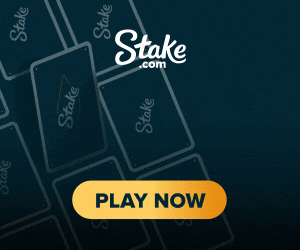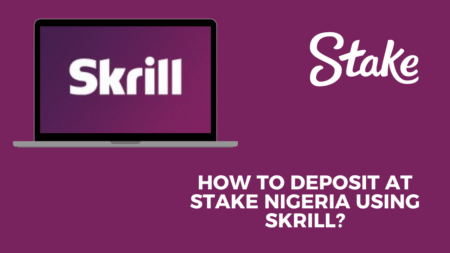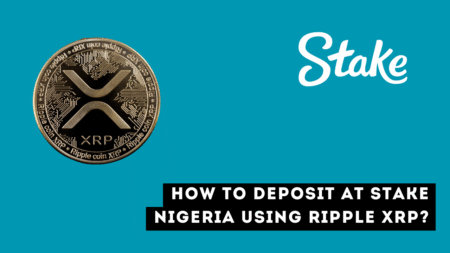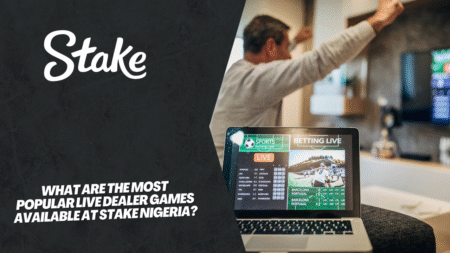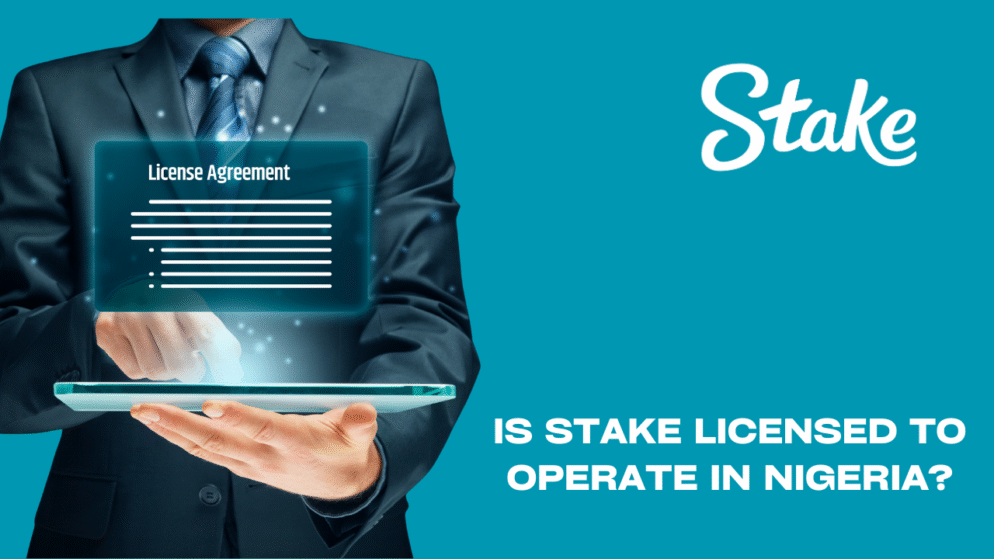
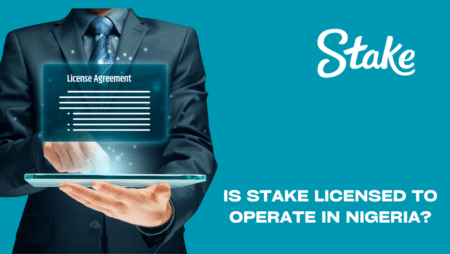
Nigeria’s online gambling landscape has experienced explosive growth in recent years, attracting both local and international operators seeking to tap into Africa’s largest economy. Among the international platforms that have gained popularity among Nigerian players is Stake.com, a crypto-focused gambling platform. However, a critical question remains: Is Stake actually licensed to operate in Nigeria?
The Short Answer: No, Stake Is Not Licensed in Nigeria
Despite its global popularity and significant presence among Nigerian gamblers, Stake does not hold a valid license to operate in Nigeria. The platform operates without authorization from any Nigerian regulatory authority, making its services technically illegal under Nigerian law.
Understanding Nigeria’s Complex Gambling Regulatory Framework
To understand Stake’s legal status, it’s essential to grasp Nigeria’s unique gambling regulatory structure, which has undergone significant changes in recent years.
Federal vs. State Regulation: A Historic Shift
Historically, Nigeria operated under a dual regulatory system where both federal and state authorities could issue gambling licenses. The National Lottery Regulatory Commission (NLRC) issued federal licenses, while individual states maintained their own regulatory bodies.
However, a landmark Supreme Court ruling in November 2024 fundamentally changed this landscape. The court declared that gambling regulation is exclusively a state matter, effectively nullifying the NLRC’s authority outside the Federal Capital Territory. This means operators must now obtain licenses from each state where they wish to operate.
Current Licensing Requirements
Under the current framework, any gambling operator wishing to provide services in Nigeria must:
- Obtain state-specific licenses from relevant state authorities
- Incorporate a Nigerian company with minimum share capital requirements
- Meet strict financial and operational standards
- Comply with anti-money laundering regulations
- Pay applicable taxes and fees to state authorities
For example, in Lagos State (Nigeria’s commercial hub), the Lagos State Lotteries and Gaming Authority (LSLGA) requires operators to have a minimum share capital of ₦20 million for locally-owned companies or ₦100 million for foreign-owned entities.
Stake’s Global Licensing Portfolio
Stake operates under various licenses globally, including:
- Curaçao: Licensed by the Curaçao Gaming Authority (License OGL/2024/1451/0918)
- Colombia: Licensed as Stake Colombia SAS
- Brazil: Licensed under PORTARIA SPA/MF Nº 263
- Peru: Licensed by Mincetur
- Mexico: Licensed by the Mexican Gaming and Raffles Regulation (DGAJS)
Notably absent from this list is any Nigerian license, whether federal or state-level.
Why Stake Operates Without a Nigerian License
Several factors contribute to Stake’s unlicensed status in Nigeria:
1. Regulatory Complexity
Nigeria’s evolving regulatory landscape, particularly the recent shift from federal to state-only regulation, creates complexity for international operators.
2. High Entry Barriers
Nigerian licensing requirements include substantial financial commitments, local incorporation mandates, and ongoing compliance obligations that may not align with Stake’s business model.
3. Offshore Strategy
Like many international gambling platforms, Stake appears to rely on offshore licensing (particularly from Curaçao) to serve global markets, including restricted jurisdictions.
4. Enforcement Challenges
While operating without a license is illegal, enforcement against offshore operators can be challenging, particularly for crypto-based platforms.
The Risks for Nigerian Players
Nigerian players using Stake face several potential risks:
Legal Uncertainty
Using unlicensed gambling platforms may violate Nigerian law, though enforcement against individual players is rare.
Limited Consumer Protection
Players have no recourse through Nigerian regulatory authorities if disputes arise with unlicensed operators.
Financial Risks
Without local regulatory oversight, players may face challenges with deposits, withdrawals, or dispute resolution.
Potential Account Restrictions
Unlicensed operators may restrict or close Nigerian accounts without notice, particularly if regulatory pressure increases.
Licensed Alternatives for Nigerian Players
Nigerian players seeking legal gambling options should consider licensed operators, including:
- Bet9ja (Nigeria’s largest licensed operator)
- NaijaBet
- SportyBet
- BetKing
- 1xBet Nigeria
These platforms operate under proper Nigerian licenses and provide consumer protections unavailable with unlicensed operators.
Recent Regulatory Developments
The Nigerian gambling sector continues to evolve rapidly:
State Empowerment
Following the Supreme Court ruling, individual states are strengthening their regulatory frameworks and enforcement capabilities.
Increased Scrutiny
State authorities are becoming more aggressive in identifying and acting against unlicensed operators.
Industry Consolidation
The new regulatory clarity is leading to consolidation around properly licensed operators.
What This Means for the Future
As Nigerian states strengthen their regulatory frameworks, the operating environment for unlicensed platforms like Stake is likely to become increasingly challenging. States may implement:
- Enhanced geo-blocking measures
- Payment processor restrictions
- Increased penalties for unlicensed operations
- Greater cooperation between states on enforcement
Conclusion
While Stake.com enjoys global popularity and operates under valid licenses in multiple jurisdictions, it does not hold any license to operate in Nigeria. The platform’s services are technically illegal under Nigerian law, despite being accessible to Nigerian players.
For Nigerian gamblers, this situation presents both legal and practical risks. While the platform may continue to accept Nigerian players in the short term, the evolving regulatory landscape suggests that compliance gaps are likely to be addressed more aggressively in the future.
Players seeking the security of regulated gambling should consider licensed Nigerian operators that provide proper consumer protections and legal recourse. As Nigeria’s gambling market continues to mature, the distinction between licensed and unlicensed operators will likely become increasingly important for both players and the broader industry.
The message is clear: caveat emptor – let the buyer beware. In Nigeria’s rapidly evolving gambling landscape, staying informed about licensing status isn’t just good practice – it’s essential for safe and legal gaming.

